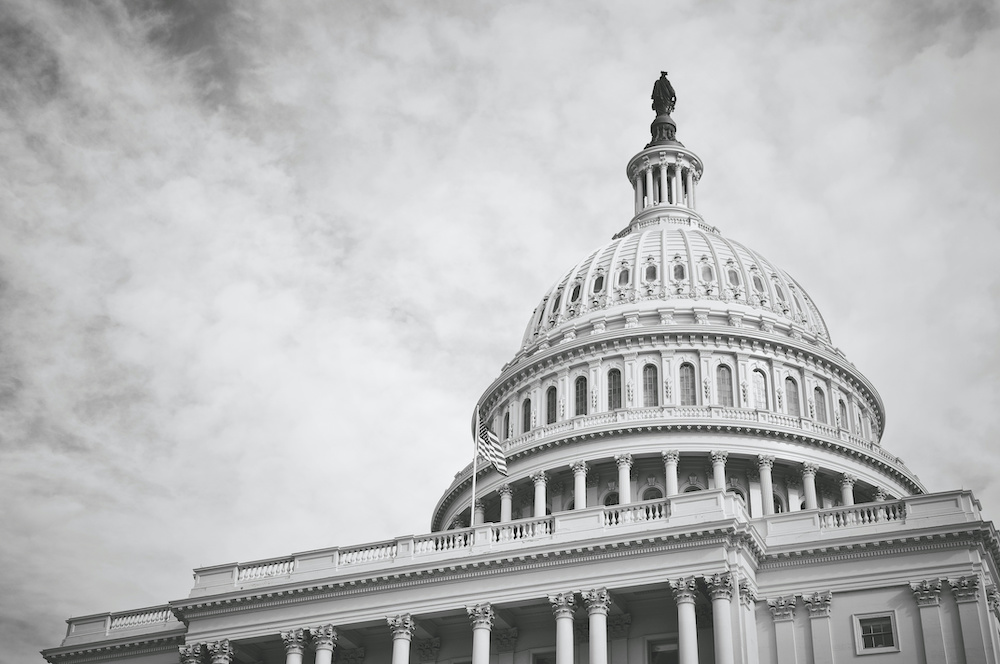
- Details
- By Native News Online Staff
WASHINGTON – U.S. Senator Brian Schatz (D-Hawai‘i), chairman of the Senate Committee on Indian Affairs, and U.S. Senator Lisa Murkowski (R-Alaska), vice chairman of the Committee, released statements following Senate passage of eight pieces of legislation involving Indian Country.
The legislation includes:
- H.R. 441, the Don Young Alaska Native Health Care Land Transfers Act of 2022;
- H.R. 478, the Blackwater Trading Post Land Transfer Act;
- H.R. 4881, the Old Pascua Community Land Acquisition Act;
- S. 989, the Native American Language Resource Center Act of 2021;
- S. 1402, the Durbin Feeling Native American Languages Act of 2021;
- S. 3168, a bill to amend the White Mountain Apache Tribe Water Rights Quantification Act of 2010 to modify the enforceability date for certain provisions, and for other purposes;
- S. 3308, the Colorado River Indian Tribes Water Resiliency Act of 2021; and
- S. 4104, the Hualapai Tribe Water Rights Settlement Act of 2022.
“The bills headed to the President’s desk restore Tribal homelands, support Native health care and economic development, and help fulfill the federal trust responsibility to Tribal nations,”Schatz said.“Still more legislation that passed the Senate last night – which now head to the House – strengthen the U.S.’s support for Native American language revitalization efforts and provide life-saving water delivery systems while boosting conservation efforts by communities. I look forward to getting all these bills across the finish line.”
 Make A Donation Here
Make A Donation Here
“Yesterday, the Senate unanimously approved eight Indian Affairs bills. Three of the bills will head to the President’s desk to be signed into law, including the Don Young Alaska Native Health Care Transfers Act. These bills advance priorities important to Native communities, such as promoting Native American languages, development of water and sanitation systems, and returning lands of significance and cultural value to Tribes. I thank my friend and colleague, Chairman Schatz, for his partnership in advancing these important bills, as well as other Senate colleagues for their help in moving these important measures unanimously,” Murkowski said.
More Stories Like This
Native News Weekly (August 25, 2024): D.C. BriefsUS Presidents in Their Own Words Concerning American Indians
Native News Weekly (January 18, 2026): D.C. Briefs
Federal Judge Orders ICE to Halt Use of Pepper Spray, Arrests of Peaceful Protesters in Twin Cities
Tunica-Biloxi Cultural Leader John D. Barbry Walks On
Help us defend tribal sovereignty.
At Native News Online, our mission is rooted in telling the stories that strengthen sovereignty and uplift Indigenous voices — not just at year’s end, but every single day.
Because of your generosity last year, we were able to keep our reporters on the ground in tribal communities, at national gatherings and in the halls of Congress — covering the issues that matter most to Indian Country: sovereignty, culture, education, health and economic opportunity.
That support sustained us through a tough year in 2025. Now, as we look to the year ahead, we need your help right now to ensure warrior journalism remains strong — reporting that defends tribal sovereignty, amplifies Native truth, and holds power accountable.
 The stakes couldn't be higher. Your support keeps Native voices heard, Native stories told and Native sovereignty defended.
The stakes couldn't be higher. Your support keeps Native voices heard, Native stories told and Native sovereignty defended.
Stand with Warrior Journalism today.
Levi Rickert (Potawatomi), Editor & Publisher

